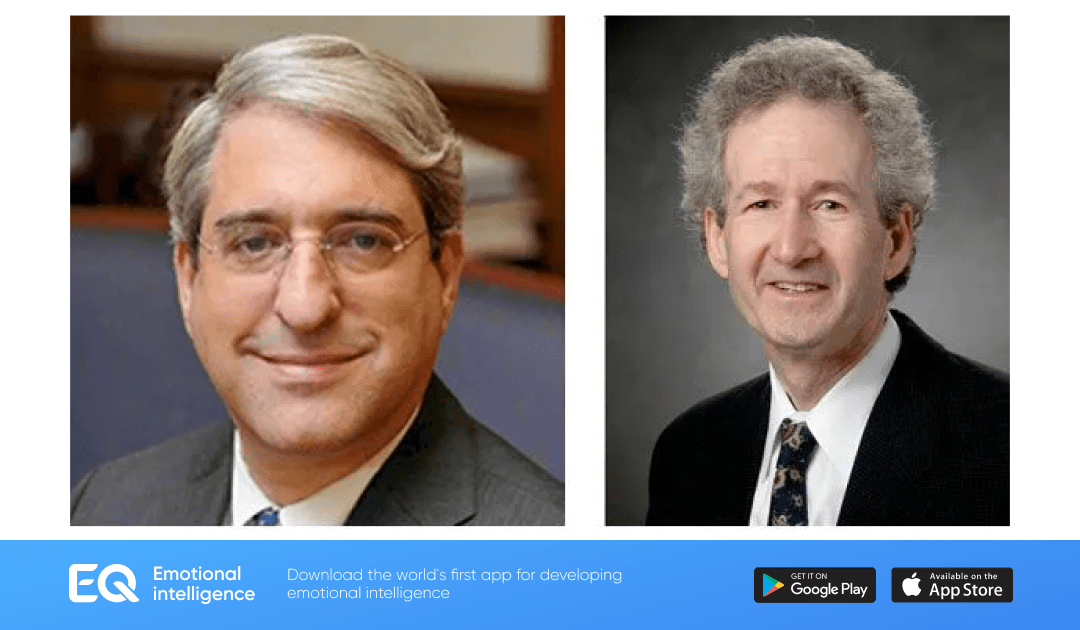The first and most well-known model of EI in scientific psychology was developed by Peter Salovey and John Meyer; they also introduced the term “emotional intelligence” into psychology. The original version of this model was proposed in 1990. They proposed a model based on the idea that emotions contain information about a person’s relationship with other people or objects. Changing relationships with other people and objects leads to a change in the emotions experienced in this regard. Based on the ability to process emotional information, the authors identified four components. Selected components belong to your own emotions and the emotions of others:
- Identification of emotions is explained as the ability to identify and properly express emotions and distinguish between true emotion and imitation.
- Using emotions to improve thinking and acting. Includes the ability to use emotions to focus on important events, to evoke emotions that help solve problems and generate creative ideas, and to use mood swings as a means of analyzing different points of view on a problem.
- Understanding emotions is defined as the ability to understand complex emotions and the connections between emotions, transitions from one emotion to another, the causes of emotions, and verbalization of emotions.
- Emotion management is the ability to control emotions, reduce the intensity of negative emotions, awareness of emotions, including unpleasant ones, and the ability to solve emotionally charged problems without suppressing the associated negative emotions. Promotes personal growth and the improvement of interpersonal relationships (Lusin, 2004).
Emotional intelligence is the main component in achieving the maximum feeling of happiness and successful self-realization. EQ – a necessary factor in activating mental skills, as the recognition of their feelings and constructively controlling of them increases the intellectual strength of the individual. It is quite possible to increase the level of EI, but not with the help of traditional training programs aimed at the part of the brain that guides our rational ideas, but long practice, personal enthusiasm in the desire to change yourself is an essential step towards increasing EQ and, consequently, – successful self-realization.


Recent Comments